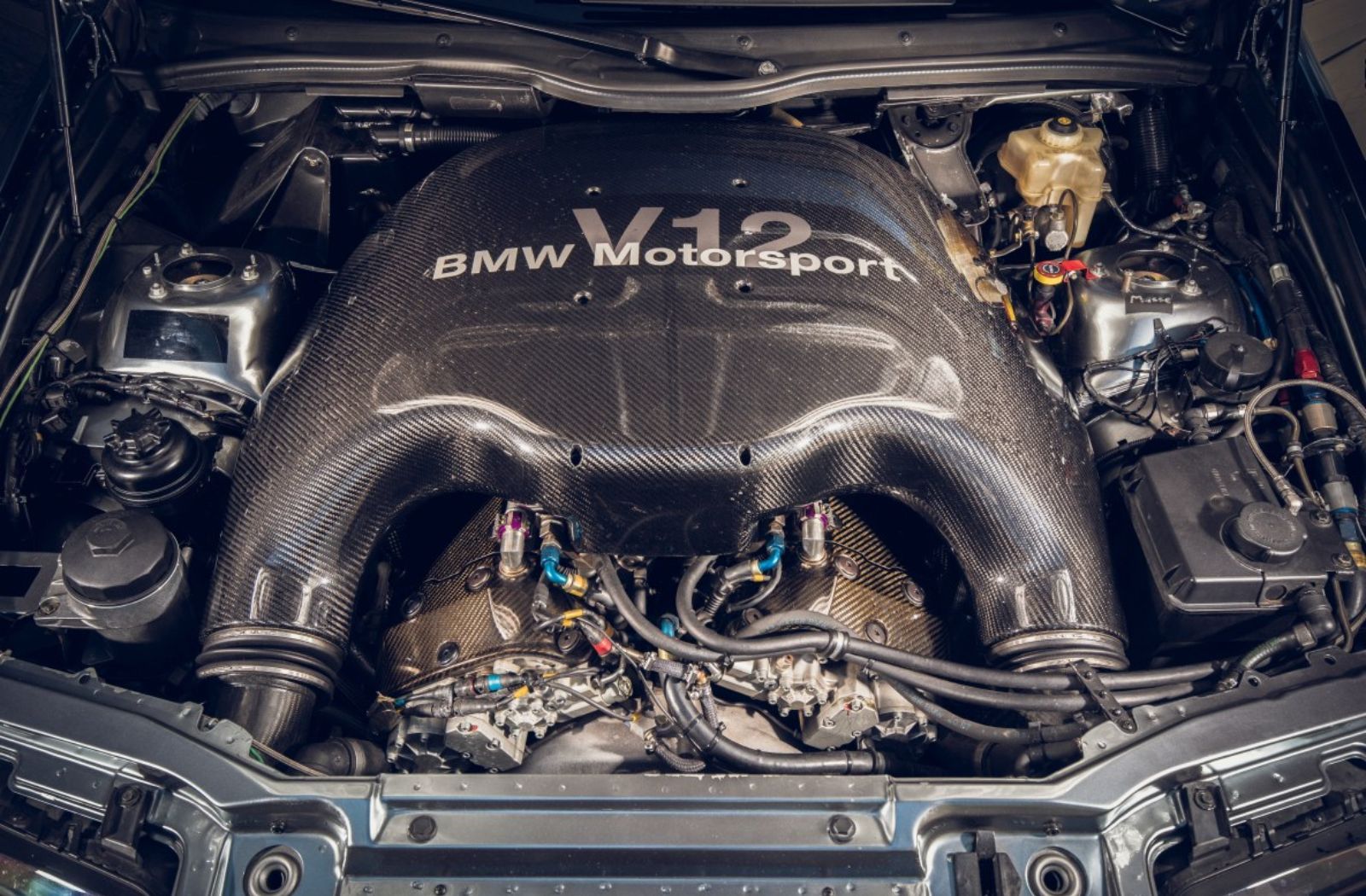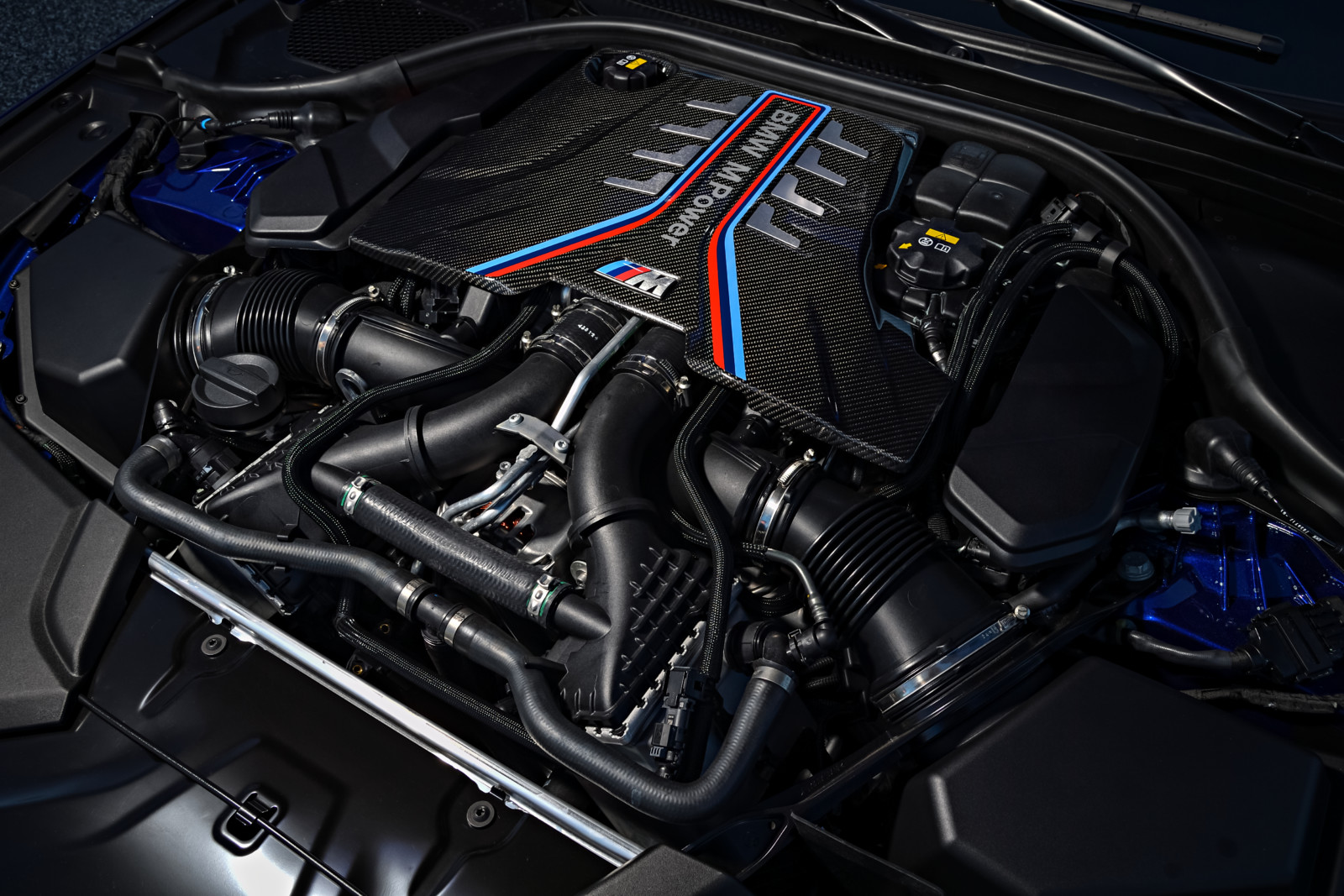Discovering the Performance Enhancements of the current BMW Engine Versions
Discovering the Performance Enhancements of the current BMW Engine Versions
Blog Article
Revealing the Intricacies of Next-Generation Power Units: a Deep Study Advanced Engine Layouts and Technologies
As we stand on the precipice of a brand-new era in transportation, the complexities of next-generation engine layouts beckon us to explore the advanced technologies and developments that promise to redefine the driving experience. Diving deeper right into the worlds of emission control, smart engine monitoring systems, and the perspective of power unit development, we discover ourselves on the cusp of a transformation that guarantees to improve the landscape of wheelchair as we know it.
Development of Engine Products

The change in the direction of advanced engine materials has likewise made it possible for designers to design engines with higher power outcomes while preserving fuel efficiency standards. As an example, using light-weight products lowers the overall weight of the engine, causing boosted gas economic situation and reduced exhausts. In addition, advancements in products modern technology have actually permitted far better thermal monitoring within engines, causing increased dependability and longevity.
Turbocharging and Supercharging Technologies
Exactly How do Turbocharging and Supercharging Technologies transform engine efficiency and effectiveness in modern vehicles? Supercharging and turbocharging are technologies that dramatically boost engine efficiency by enhancing the quantity of air consumption into the burning chamber. Turbocharging achieves this by utilizing a generator driven by exhaust gases to pressurize the consumption air, while turbo charging utilizes a belt- or chain-driven compressor to achieve the same effect.
These innovations enable smaller sized, more fuel-efficient engines to generate power comparable to larger ones, called downsizing. By requiring even more air into the cyndrical tubes, turbocharging and supercharging enhance burning efficiency, causing enhanced horse power and torque result without a considerable increase in engine size. This brings about better velocity, towing capability, and total driving performance.
Additionally, supercharging and turbocharging add to enhanced gas efficiency by enabling the usage of smaller sized engines that consume much less fuel under normal driving problems - bmw engine. This mix of boosted performance and performance has made turbocharging and supercharging indispensable components of numerous contemporary engine designs
Emission Control and Environmental Impact
With raising worldwide problems regarding air top quality and environmental sustainability, the implementation of discharge control innovations in lorries plays a critical function in minimizing unsafe toxins launched right into the atmosphere. Modern automobiles are outfitted with advanced emission control have a peek at this site systems that assist lessen the ecological influence of auto procedures. Catalytic converters, as an example, are made to transform toxic gases such as carbon monoxide gas, nitrogen oxides, and hydrocarbons right into much less damaging materials like co2 and water vapor.
In addition, advancements in engine technology, such as the integration of exhaust gas recirculation systems and discerning catalytic reduction, have significantly contributed to decreasing exhausts. These modern technologies operate in tandem to maximize burning effectiveness and reduce the release of harmful pollutants into the air. Additionally, the growth of hybrid and electric lorries stands for a critical action towards reducing the overall ecological footprint of the transportation field.
Intelligent Engine Monitoring Systems

Furthermore, these systems make it possible for cars to satisfy strict exhausts standards without endangering performance, giving a much more eco-friendly driving experience. The combination of expert system and machine discovering capabilities in engine management systems remains to press the limits of what is feasible, leading to additional renovations in performance, reliability, and general vehicle performance. bmw engine. As vehicle technology advancements, smart engine management systems will play a crucial role in forming the future of transport towards an extra reliable and lasting direction
Future Trends in Power Unit Development
As intelligent engine administration systems lead the way for enhanced control and optimization in contemporary lorries, future trends in power unit development are poised to redefine the landscape of vehicle propulsion technologies. One of the essential fads driving innovation in power unit advancement is the shift towards electrification. With a raising emphasis on sustainability and lowering carbon emissions, hybrid and electric powertrains are becoming much more prevalent in the auto industry. These alternative power sources offer improved efficiency and performance while aligning with strict environmental policies.
An additional considerable trend is the integration of sophisticated materials and producing techniques. Lightweight products such as carbon fiber and aluminum are being used to minimize overall vehicle weight, boosting fuel efficiency and efficiency. Additionally, advancements in 3D printing and additive production are allowing the production of intricate engine elements with greater precision and resilience.
Furthermore, expert system and artificial intelligence are playing a vital role in maximizing power system efficiency. These innovations enable real-time tracking and adaptive control, resulting in more trusted and effective power distribution. In general, future trends in power unit development are geared in the direction of sustainability, read the full info here performance, and effectiveness, driving the automotive market in the direction of a brand-new age of propulsion technologies.

Final Thought
In conclusion, the improvements in engine products, turbocharging, exhaust control, and intelligent monitoring systems have actually paved the way for next-generation power systems. The complex styles and advancements in modern engines showcase the continuous development of vehicle modern technology.
Discovering the progressive innovations in More about the author engine materials has been pivotal in enhancing the performance and efficiency of contemporary engines. Over the years, the advancement of engine products has actually played an important function in pushing the boundaries of what engines can achieve.The shift in the direction of progressed engine products has actually likewise allowed engineers to develop engines with higher power outcomes while preserving fuel effectiveness standards.The implementation of intelligent engine monitoring systems in contemporary automobiles has revolutionized the method engines are regulated and enhanced for performance and efficiency. By collecting data in real-time and examining it with innovative algorithms, smart engine management systems can adjust to driving styles, ecological elements, and engine health and wellness to take full advantage of power output while decreasing gas usage and discharges.
Report this page